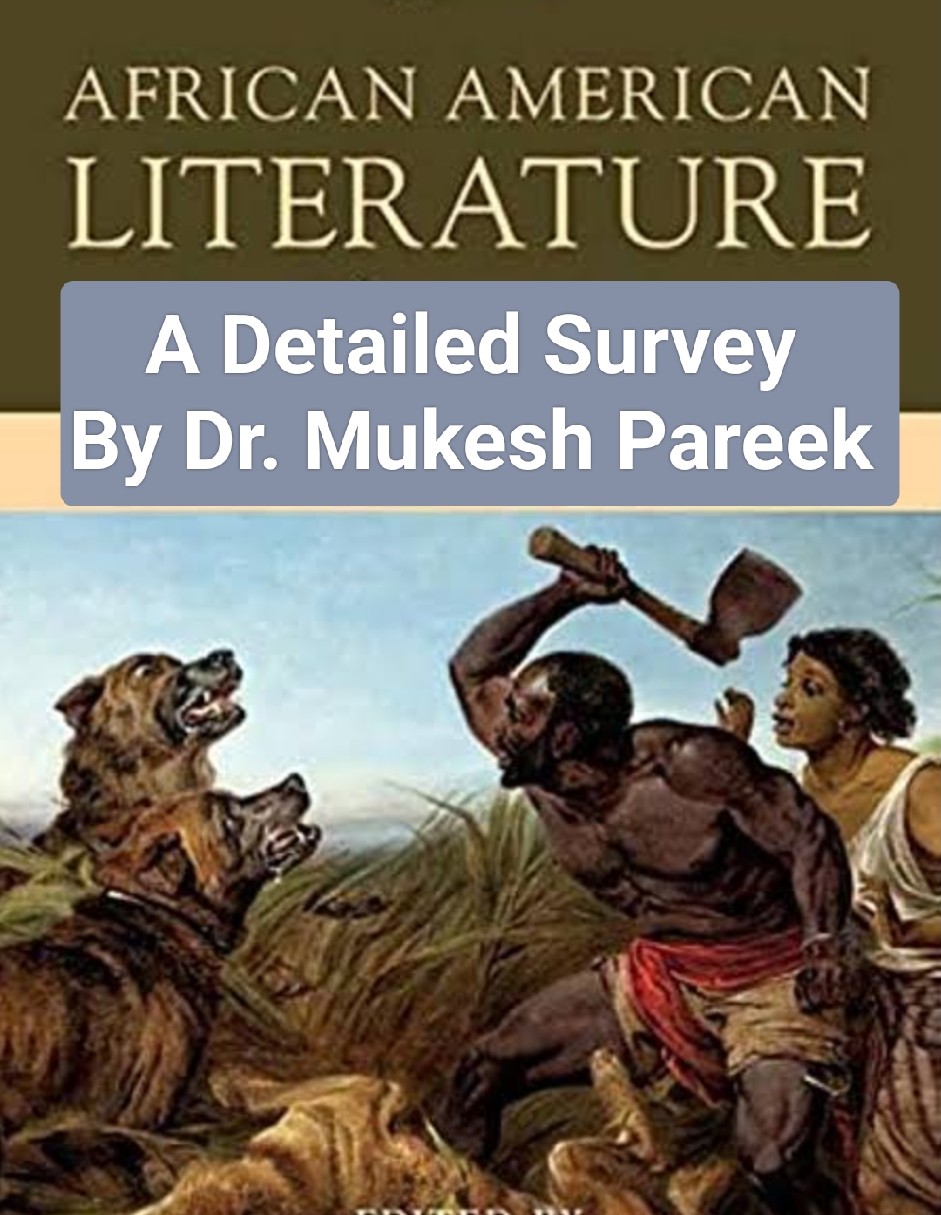Lilith
Lilith, The Legend of the First Woman
Lilith, The Legend of the First Woman is a 19th-century narrative poem in five books, written by the American poet, Ada Langworthy Collier, in 1885, and published in Boston by D Lothrop & Company. It has been reprinted several times in the 21st century.
Lilith, The Legend of the First Woman is a 19th-century rendition of the old rabbinical legend of Lilith, the first woman, whose life story was dropped unrecorded from the early world, and whose home, hope, and Eden were passed to another woman. The author warns us in her preface that she has not followed the legend closely. In her hands, Lilith becomes an embodiment of mother-love that existed forever, and it is her name that lends its itself to the lullabys repeated to young children.
]
Literary basis
Collier not only freely changes the legend of Lilith, but is free with the unities of her own story. It is full of internal inconsistencies in narrative, and anachronisms. The legend (doubtless made to reconcile the two accounts in the Book of Genesis of the creation of woman, the first of which represents her made with man, and by implication, coequal; and the other as created second and subordinate), is to the effect that God first created Adam and Lilith, equal in authority; that the clashing this led to was so great, that Lilith was cast out from Eden, and the marital experiment tried again, on a different principle, by the creation of Eve. Lilith thereafter wedded Eblis, the prince of devils, and became the mother of demons and specters; and in vengeance upon her rival, Eve, the mother of mankind, became the special enemy of babies, whom she strangles with a thread of her golden hair. The obvious injustice to Lilith— who seems to have asked no more than her fair half, while Adam was the encroacher, on the assumption that they were created equal —inspired Collier's version of the legend, according to which Lilith leaves Eden voluntarily, rather than submit to dominance, but loses thereby the blessing of motherhood. This alone, not either Adam or Eden, she envies Eve, and at last steals the coveted first human baby, which dies, bereft of its mother, and so gives Lilith the reputation in legend of being a child-murderess.
When Collier discovered that the word "lullaby" (Lilla, abi—begone, Lilith!) denoted the songs which mothers soothed their babies, she adapted Lilith's acquired modern meaning, wholly removed from its original signification, into this poem. It enabled Collier to evolve the idea that Lilith, instead of being a fiend, was really a creature of strong maternal instincts and it is in this character that Lilith was presented.

Comments
Post a Comment